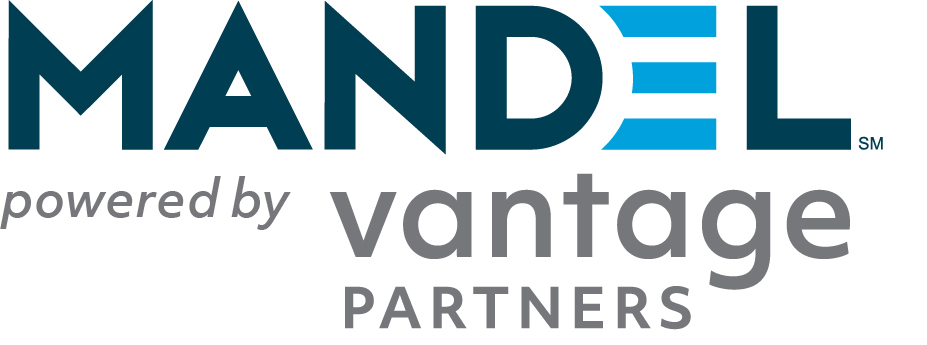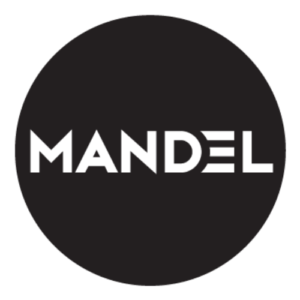Sales professionals need a mix of soft skills to be successful. While rapport building is often considered the top sales skill, listening is the most critical skill for closing sales, and building long-term client relationships.
In 2021, hands-down, listening will rank as the top sales skill.
The most successful sales professionals in 2021 will have Listening Intelligence, the awareness and capability to shift their listening based on the situation and the people involved.
Before your next sales conversation or product demo, consider these three tips for closing more sales:
- Plan ahead where you will focus your listening and then listen more than you speak.
- Identify the listening preferences of your buyer by paying attention to the subtle nuance of the questions they ask and statements they make.
- Consider the way you speak and share information in order to align with your client or prospect’s listening preferences.
Tip 1 is a standard sales technique. Tips 2 and 3 may be new to you, and possibly the most crucial to closing sales.
Rigorous research has identified four ways that people listen. They are described as listening habits: Connective, Reflective, Analytical and Conceptual. We can begin to identify habits and clue into what matters most to our buyers by slowing down and deeply listening.
Here are the four habits:
Connective listeners listen through an external lens for what is important for others. They value feelings over facts. These are your buyers who do really care about rapport and relationship. Trust in you is a top priority in their decision-making process. You will lose them if they can’t make sense of how information applies to the people in the equation. Hence, Connective listeners ask questions with people in mind:
- “Our clients really need X. Can you help?”
- “How can we set them up for success?”
- “Who can benefit most from this?”
They will also ask questions to connect with you personally.
- “How long have you worked with the company?”
- “Do you have kids?”
Connective listeners will clue you in to their listening style by making these types of statements:
- “Our people are the top priority.”
- “Our clients need …”
- “Let’s run it by the team. They may have other questions.”
Closing sales with a Connective listener requires sensitivity to and awareness of their purposes, concerns and the impact they want to make. Ask questions to get to what is most important to their goals and the outcomes for their teams and the clients they serve.
Reflective listeners listen for how the information applies to them, what they already know and care about personally. They don’t generally ask a lot of questions, but rather make statements based on their own knowledge and previous experience. When they do ask questions, they may be:
- “How can I use this?”
- “What do you need from me?”
- “How does this solve my problem?”
Their statements are generally grounded in what they’ve seen or experienced.
- “I don’t see how this applies.”
- “I know what we need to do.”
- “I need some time to think it over.”
Reflective listeners will likely need time to process what you’ve shared before making a commitment. In order to close sales with Reflective listeners, allow them time and space to think things through. There may be moments of silence as they search their deep database of knowledge. Allow for these pauses despite the discomfort you might feel. You may not close a sale with a Reflective listener in your first conversation, so don’t be dismayed if it seems that you haven’t connected. If it’s a good fit for them, these are your buyers who will surprise you with a “Yes” when you follow up.
Analytical listeners care about evidence and accuracy, the data and the details. While you may want to get to know them personally, they will tend to be more concerned about the task at hand and finding answers to real-time problems over building rapport.
They ask fact-based, closed-ended questions like:
- “What metrics are you using to prove your claims?”
- “What ROI can you promise?”
- “Is your research scientifically validated and published?”
They make statements like:
- “We need to check the facts/source before moving forward.”
- “This will/won’t work with the deadline.”
- “We don’t have the information we need to make a decision.”
To close a sale with an Analytical listener, be prepared to share research and metrics. Ask Fact-finding questions and provide answers with sourced data. They make unbiased decisions based on information and won’t be swayed by charisma, so make sure your information is credible and can be validated.
Conceptual listeners focus on the big picture and potentiality. They tend to be abstract thinkers, connecting disparate ideas and concepts and can get very excited about future possibilities. They love to brainstorm and often “think out loud.” They ask open-ended, thought provoking questions like:
- “What if we could…?”
- “What are some other options?”
- “Would it be possible to…?”
They make statements like:
- “This reminds me of…”
- “There are other ways we could solve for this.”
- “I wonder if…”
With Conceptual listeners, ask questions to pull out potential implications for the future. Involve them in the sales process by ideating with them and be open to learning and thinking in new ways to solve common problems, as they will want to approach problems with fresh thinking. You may be surprised that they come up with solutions that haven’t been surfaced yet.
The secret weapon to sales is Listening Intelligence. It begins with understanding that people have unique listening habits. Being able to quickly identify your buyer’s listening preferences and then shift the way you speak is essential to long-term success.
So, next time you’re in a high-stakes conversation, give it a try. Don’t follow a script. Listen for clues and respond with agility.
To learn more about developing listening for sales, and how to apply Listening Intelligence in your sales organization, let’s talk.







